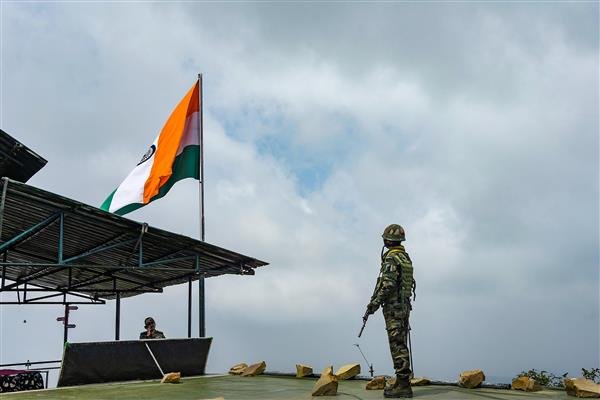In an all-party meeting convened by the government on the eve of the five-day Parliament session, various political parties strongly advocated for the passage of the Women’s Reservation Bill during the upcoming session. The bill, which has been pending for nearly 27 years, has garnered support from several political leaders who emphasized the need to table and pass it with consensus.
The Women’s Reservation Bill proposes to reserve one-third of all seats for women in the Lok Sabha and state legislative assemblies. Currently, the representation of women MPs in the Lok Sabha is less than 15%, and in many state assemblies, it falls below 10%.
During the meeting, political leaders from different parties made a collective plea for the bill’s passage. Union minister Pralhad Joshi stated that an “appropriate decision will be taken at an appropriate time” regarding the bill.
Congress leader Adhir Ranjan Chowdhury revealed that all opposition parties united in demanding the passage of the Women’s Reservation Bill in this Parliament session. NCP leader Praful Patel echoed this sentiment, urging the government to pass the bill during the session and expressing hope that it would receive consensus support.
While discussing the bill, some regional parties also called for the inclusion of quotas for backward classes and scheduled castes within the overall reservation for women.
Pinaki Misra, a leader from the BJD, suggested that the new Parliament building should mark the beginning of a new era, emphasizing the importance of passing the Women’s Reservation Bill.
Chowdhury expressed that the government had informed them it was a regular session of Parliament, and only the government knows its intentions. He suggested that the government might introduce new agendas during the session. Additionally, issues such as price rises, unemployment, and the situation on the border with China were raised by his party during the meeting.
The Women’s Reservation Bill last saw concrete progress in 2010 when the Rajya Sabha passed the bill amid a ruckus, with marshals escorting out some MPs who opposed the move to reserve 33% of seats for women in the Lok Sabha and state assemblies. However, the bill lapsed as it could not be passed by the Lok Sabha.
The bill’s pending status has led to calls for its long-awaited passage to promote gender equality and enhance women’s representation in India’s political landscape.














